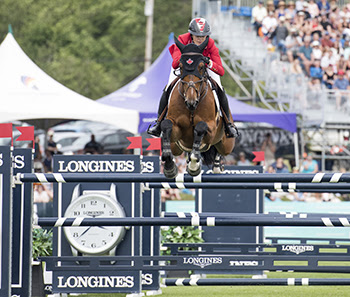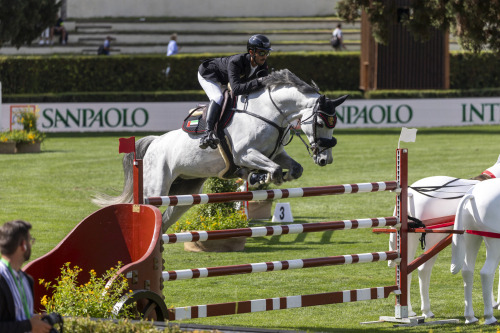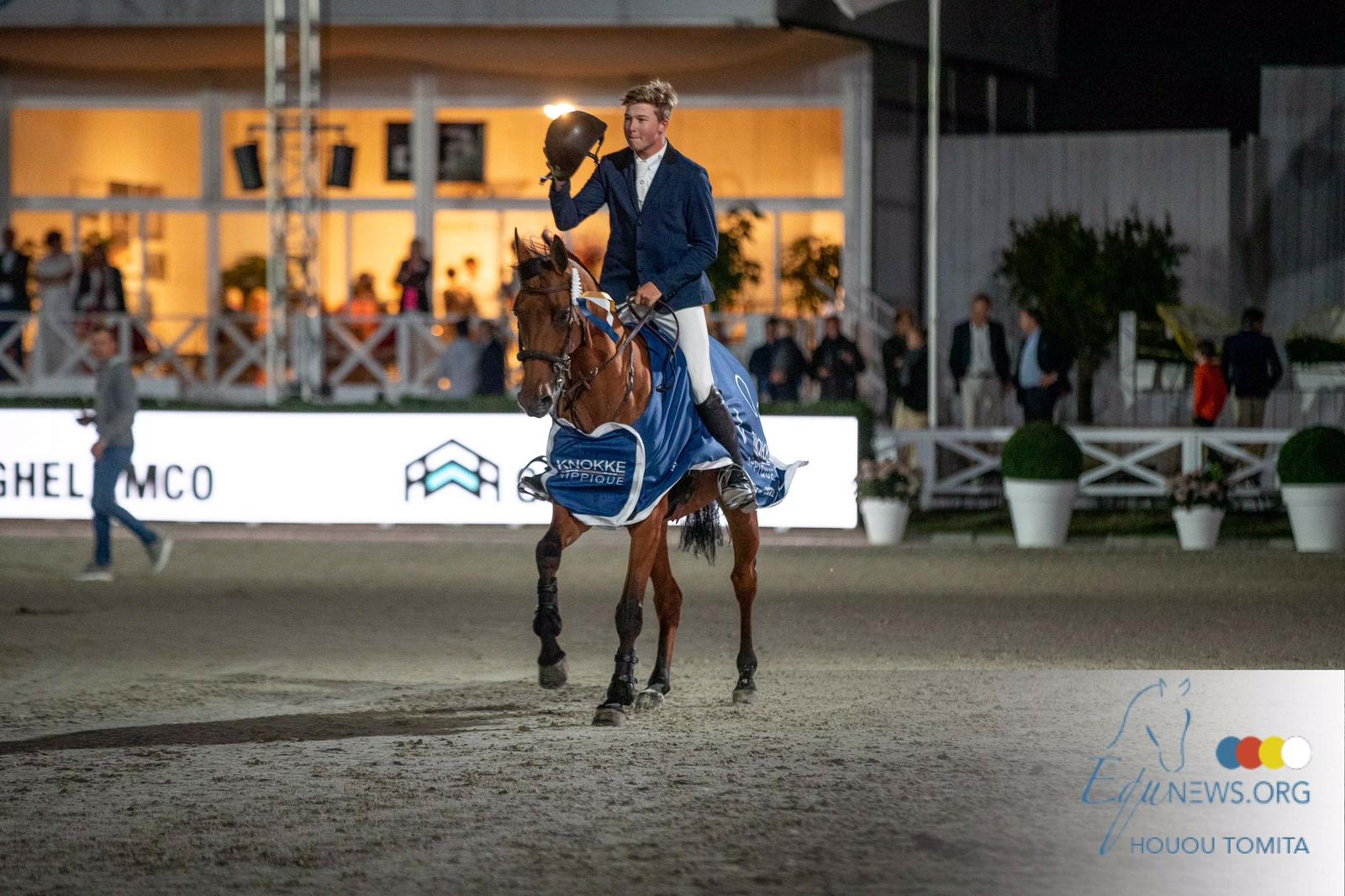There is still an outside chance that Canada can send a full jumping team to the Olympic Games in Tokyo if a less-experienced nation has to drop out due to having insufficient horse and rider combinations. The disruption to the FEI calendar because of the pandemic has made it difficult for some to obtain or renew qualifications, despite considerable flexibility from the FEI over arranging extra opportunities and the extension of the qualifying period.
The FEI database shows that some countries on the Olympic quota and reserve lists have minimal riders meeting both the Minimum Eligibility Requirement (MER) plus the extra “confirmation result” which was applied after the Games’ postponement. Deadline for the confirmation result is June 21.
Team place reallocation depends on the original means of qualification. Within the regional groups quota, if a named reserve cannot take up a team place it defaults to the next best country from the 2018 World Equestrian Games. Canada is at the head of the WEG reserve list, ahead of Colombia and Spain. (Note that as Eric Lamaze has voluntarily withdrawn himself from consideration for Tokyo, the remaining Canadian short-listed riders are Erynn Ballard, Mario Deslauriers, Tiffany Foster and Amy Millar.)
Canada originally qualified for Tokyo at the Pan Am Games in 2019, but forfeited that place following Nicole Walker’s positive sample. Canada was not disqualified outright from Tokyo on that occasion ‒ it was simply that without Walker’s scores, Canada dropped down the leaderboard in Lima.
Under the new Olympic formula, there are now three riders to a team and no drop score. Nations may send a fourth combination who can be substituted up to two hours before the start of the first team competition.
Until recently, China ‒ through to Tokyo in regional Group G along with New Zealand ‒ only had two eligible jumping riders, one of whom still needs a final confirmation result. A “special” qualifying event at Hagen in Germany last month (April) enabled a further three Chinese to obtain their requirements.
If something yet goes wrong for China, the two named reserve teams in Group G are already out of the picture. According to the FEI database, Hong Kong has just two contenders, of whom only Kenneth Cheng has his confirmation result. Second reserve team in Group G, Taipei has just one eligible rider, the experienced Jasmine Chen, Tokyo-bound as an individual in any event.
In regional Group C1, four of the Czech Republic’s 10 contenders still need a confirmation result on any horse. They should still be able to field a team, but if not, reserve listed Hungary appears unable to step in. None of Hungary’s six possible riders is fully eligible yet and, according to the FEI database, two are not even FEI registered.
In regional Group F, first reserves Saudi Arabia ‒ team bronze medallists at London 2012 ‒ will be keeping an eye on Morocco, which has just four qualified riders to date. Three of them have just one eligible horse each, though Ali Al Ahrach qualified a second horse at the special event in Hagen. Saudi, though, is relatively well-placed to step in, having 10 eligible riders with at least one qualified horse each.
Israel looks safe in regional group C2. Eleven of its 16 possible riders have qualified at least one horse each. First reserve in that group, Poland has four riders qualified with at least one horse each from a pool of 16.
source/article by horse sport



